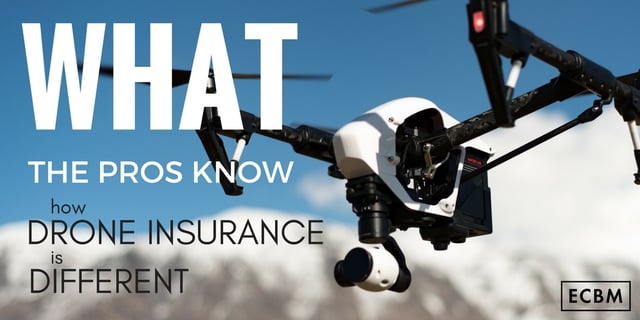
On June 21, 2016, the Federal Aviation Administration finally released its final rule regulating the usage of unmanned small aircraft, a.k.a. drones. Most importantly, the rules fully permit the use of drones for commercial purposes such as aerial photography. However, the rules do impose significant restrictions on drone use.
Professional VS Hobby Use Of Drones
First, the rules requires that drone operators obtain appropriate certification by passing a test and submitting to a background check by the Transportation Security Administration. Second, the rule restricts drone usage to flying lower than 400 feet in the air, or lower than the tallest building or tower within 400 feet of the drone. Third, drones may not fly out of the sight of their operators and can only fly at night if their lights are visible for a distance of three miles. Interestingly, the rule does not apply to drone hobbyists, who were specifically exempted from regulatory requirements by Congress.
What Has Changed?
The publication of the rule legitimizes and opens up the nascent commercial drone industry, with industry experts expecting the new activity to create thousands of jobs and billions of dollars in economic impact. With this legitimization, the drone insurance industry will also see a spike in new business. Those seeking to use drones for commercial benefit will have to understand the risks of their use to see an appropriate return on their investment and avoid potentially catastrophic loss.
READ MORE: Don't Buy That Commercial Drone Until You Read These 5 Facts!
Coverage Concerns
Many operators are likely to think of drone insurance as similar to car insurance. It exists to pay back the owner the cost of the drone in the event the drone is damaged in a covered accident, or to pay out damages to a third party in the event of a drone’s collision with another object. Yet the potential risks posed by drones extend far beyond traditional automobile insurance concerns.
Unique Risks To Drone Use
First, drones create the real risk of privacy invasions by the intentional or otherwise filming of events that take place on private property. This has the potential to lead to lawsuits and other potential payouts down the line. Second, drones create a significant potential avenue for cyber losses. This could mean either a data breach as someone hacks into information stored on the drone or alternatively it could mean a third party illegally taking control of the drone, whether for fun or some other more nefarious purpose.
READ MORE: An Idea With Wings: The Buzz On Insurance Concerns & Commercial Drone Use
Some Advice:
Still, as with all new types of insurance, insureds must be careful to understand exactly what they are purchasing. Companies just carefully understand their new drone insurance policies so that they understand what losses will be covered and what are excluded. Companies also need to ensure that they’re in full compliance with the FAA’s new rules. Otherwise, their new revenue stream may turn into an avenue for unexpected losses.

